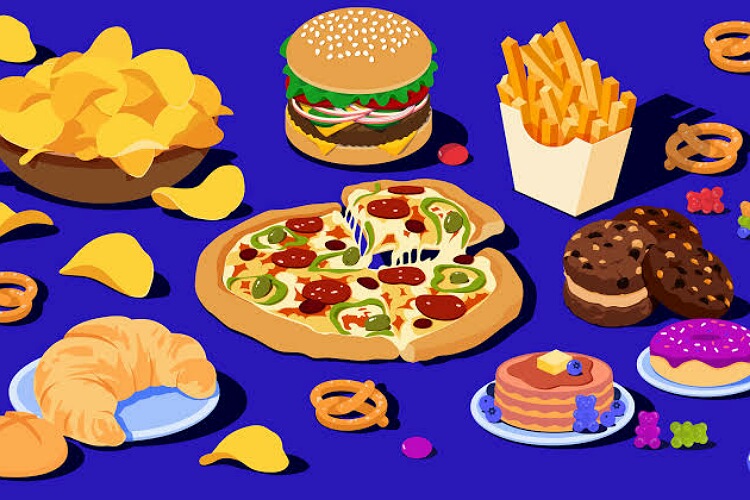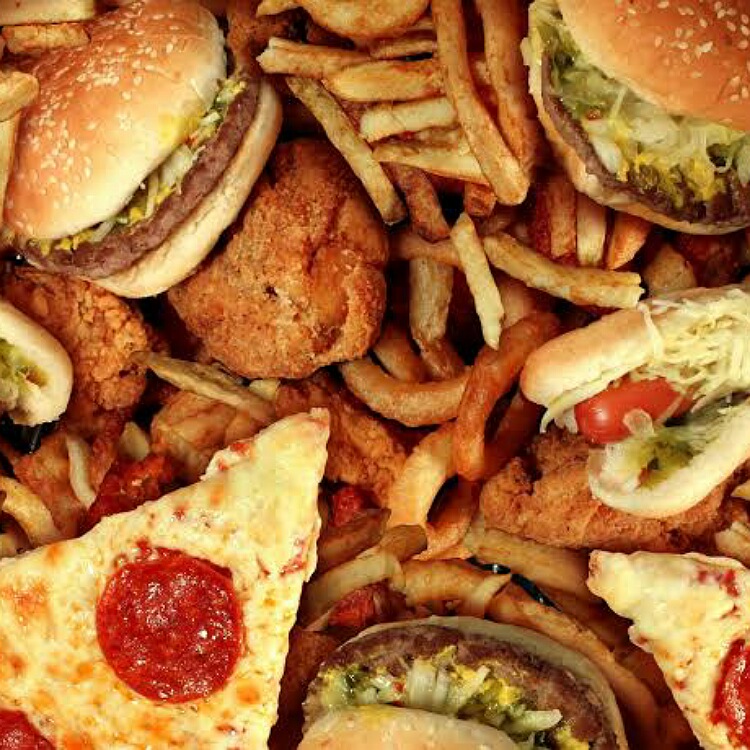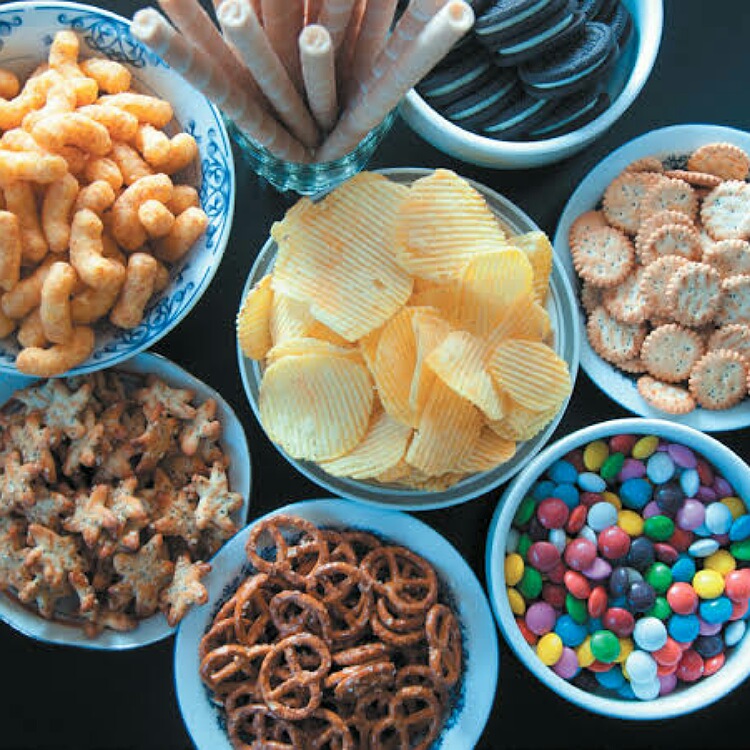Nutrition experts are advising against eating processed and ultra-processed foods. Because these are low on health safety and one should avoid them.
But these foods are increasingly consumed worldwide and associated with rising morbidity and mortality. What exactly are processed and ultra-processed foods? And what are the health concerns?
Processed foods and ultra-processed foods
As per the Department of Agriculture, processed foods are raw agricultural commodities that undergo processing such as washing, cleaning, milling, polishing, cutting or chopping, blanching, heating, pasteurizing, cooking, canning, freezing, drying, dehydrating, mixing or packaging.
In short, it is altering the natural state of the agricultural product. Therefore, this includes adding preservatives, artificial colorings, artificial flavorings, and other food additives. Moreover, these are done on a mass scale and are profitable businesses.

The addition of sugars, salt, and fats to foods also makes them processed foods. Ready-to-eat foods, multipurpose flour, packaged foods, packed milk, packed milk products, bread, bakery food items, etc.
are all examples of processed foods. Even polished pulses fall into this category.
Grades for these foods
The foods have varying degrees of processing from minimal to most processed. According to the Academy of Nutrition and Dietetics, processed food items are of the following grades:
1. Minimally processed. These include cut vegetables, packed fresh blueberries, packed roasted nuts, etc.
2. Foods processed to lock their freshness and/or nutrients. These include frozen fruits, frozen vegetables, canned tomatoes, and canned tuna.

3. Foods with added food additives. These include sweeteners, oils, colors, spices, and preservatives for preserving texture or for flavors. Such as in bottled pasta sauce, packed yogurt, cake mixes, and salad dressing in containers.
4. Ready-to-eat foods such as chips, crackers, and deli meat. This comes under the heavily processed food category.
5. Most processed or ultra-processed are frozen or premade meals, microwaveable dinners, or lunch or frozen pizzas.
Experts include foods with minimal processing in the healthy category and they do not cause more harm.
These include chopped and packed vegetables, cut fruits, low-fat milk, whole wheat bread, fortified milk, fortified juices, breakfast cereals, and canned seasonal fruits in water.
The term ultra-processed foods are used to mean those food and drink products that multinational companies manufacture and process in a specific way.
Companies make these foods for consumer convenience and people can have these foods on the go. They are super palatable and appeal to the masses.
For the company, these foods are highly profitable because the raw materials for them are relatively cheap.
Risks of these foods
These foods that firms process a lot are bad for health in the long run. They can cause heart disease, cancers, high blood pressure, diabetes, obesity, and such chronic ailments.
Occasional eating of these foods does not harm. But frequent or daily eating for prolonged periods has the risks mentioned above. Those with added sugars or salt or fats are particularly bad.

Read more: Aquatic foods and the blue transformation for global food security!
Moreover, transfats are bad for the body. They raise the bad cholesterol in the blood and lower the good cholesterol. Hence foods with more than 0.5 g of trans fats are unhealthy. Additionally, foods with more saturated fats are also bad for health.
